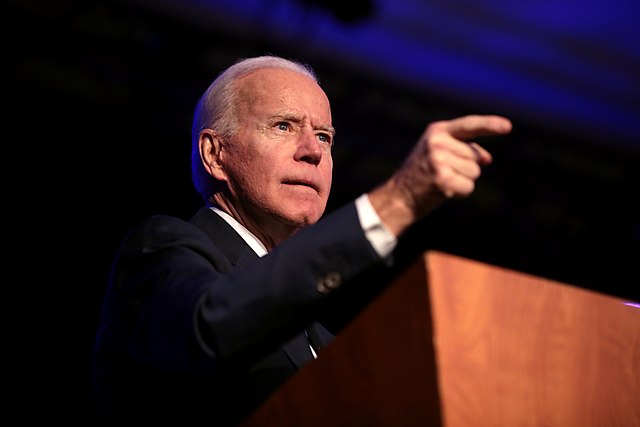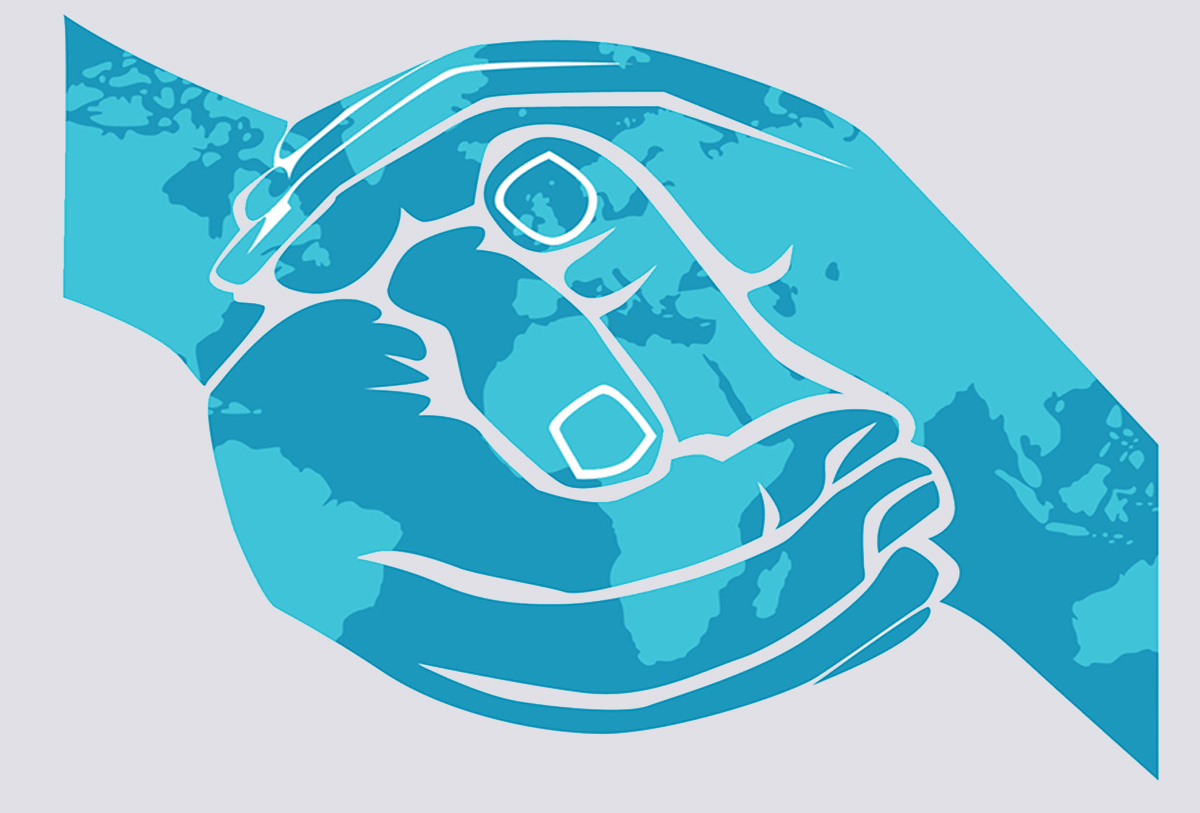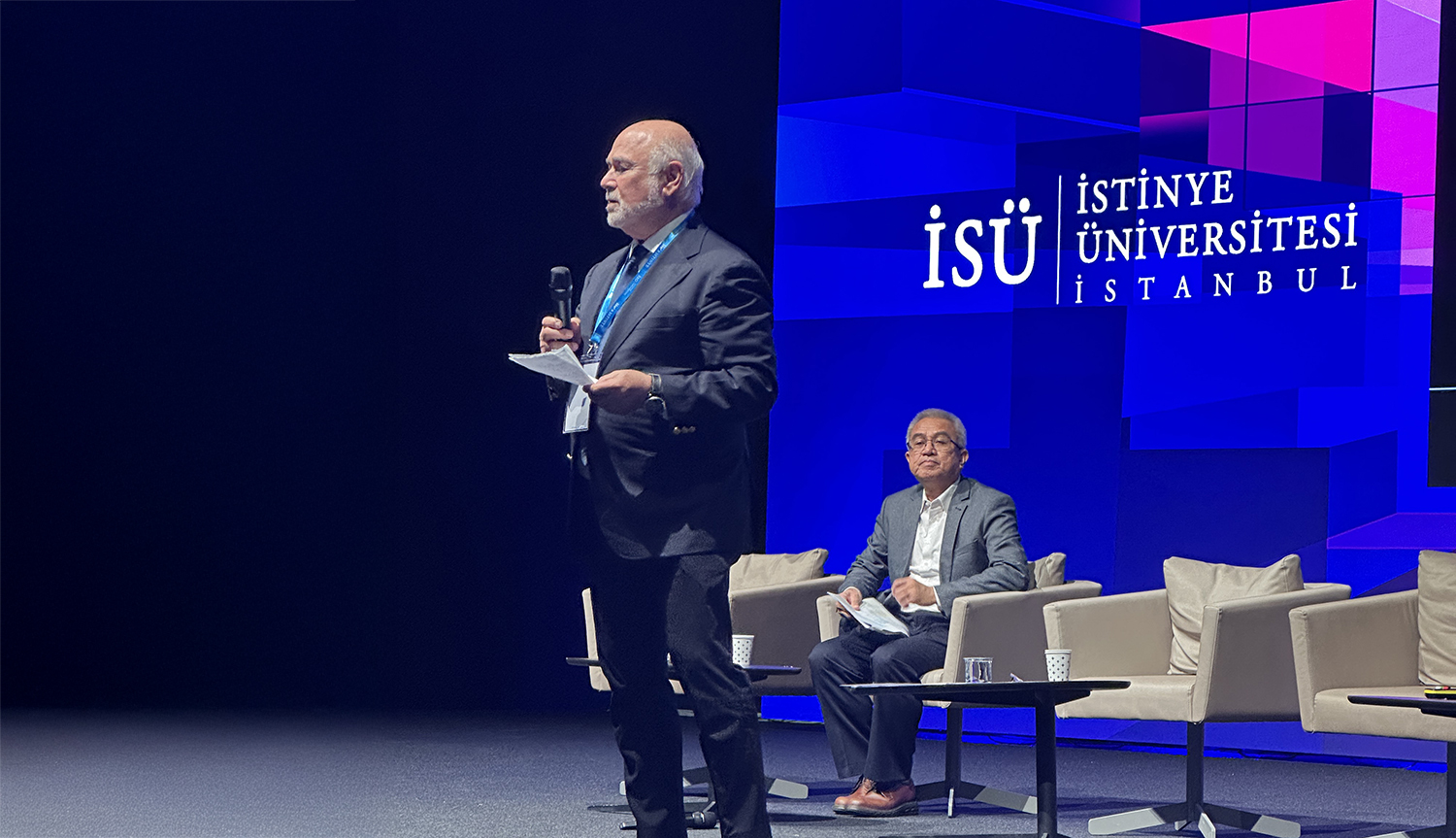[et_pb_section fb_built=”1″ admin_label=”section” _builder_version=”3.22″ global_colors_info=”{}”][et_pb_row admin_label=”row” _builder_version=”3.25″ background_size=”initial” background_position=”top_left” background_repeat=”repeat” custom_padding=”28px|||||” global_colors_info=”{}”][et_pb_column type=”4_4″ _builder_version=”3.25″ custom_padding=”|||” global_colors_info=”{}” custom_padding__hover=”|||”][et_pb_image src=”http://gsinstitute.org/wp-content/uploads/2020/04/hill-logo.jpg” title_text=”hill-logo” _builder_version=”4.10.4″ _module_preset=”default” global_colors_info=”{}”][/et_pb_image][et_pb_text _builder_version=”4.10.4″ _module_preset=”default” global_colors_info=”{}” custom_padding=”||1px|||”]
By Ambassador Thomas Graham and GSI President Jonathan Granoff
President Biden can make the world a dramatically safer place by declaring that it is now the policy of the United States never to use nuclear weapons first. Such a pledge is consistent with international legal obligations, fulfills campaign promises, and diminishes the risk of using a nuclear weapon. It would make countries subject to the nuclear weapons threats less nervous in a crisis, when irrationality can lead to disaster. It would add to global stability by lowering the political currency of nuclear weapons.
And significantly, it would help strengthen the Nuclear Nonproliferation Treaty (NPT), the world’s most important arms control treaty. Pursuant to Article VI of the treaty, five nuclear weapons states — United Kingdom, United States, Russia, China, and France — have pledged to “pursue negotiations in good faith on effective measures relating to cessation of the nuclear arms race at an early date and to nuclear disarmament.”
The NPT needs such a boost. Notwithstanding the commitment to disarmament, the five nuclear weapons states, plus the four others not in the treaty — India, Israel, Pakistan, and North Korea — are spending enormous amounts of money modernizing or expanding their nuclear arsenals, or both. Because of the omicron surge in New York, an important 50-year review conference for the treaty (the tenth five-year review), which was supposed to take place next week, has been postponed for the second year in a row (the scheduled 2020 conference was also cancelled due to a winter COVID surge). Meanwhile, nuclear tensions continue to rise, making progress toward meeting the NPT’s goals critically important.
[/et_pb_text][/et_pb_column][/et_pb_row][/et_pb_section]
Jonathan Granoff is the President of the Global Security Institute, a representative to United Nations of the World Summits of Nobel Peace Laureates, a former Adjunct Professor of International Law at Widener University School of Law, and Senior Advisor to the Committee on National Security American Bar Association International Law Section.







